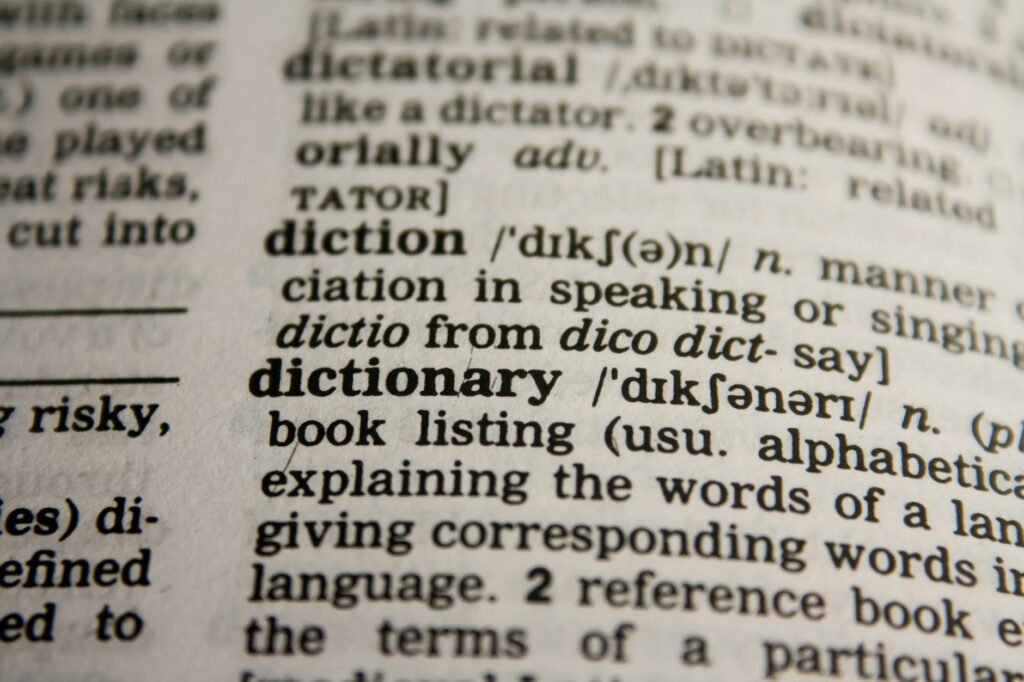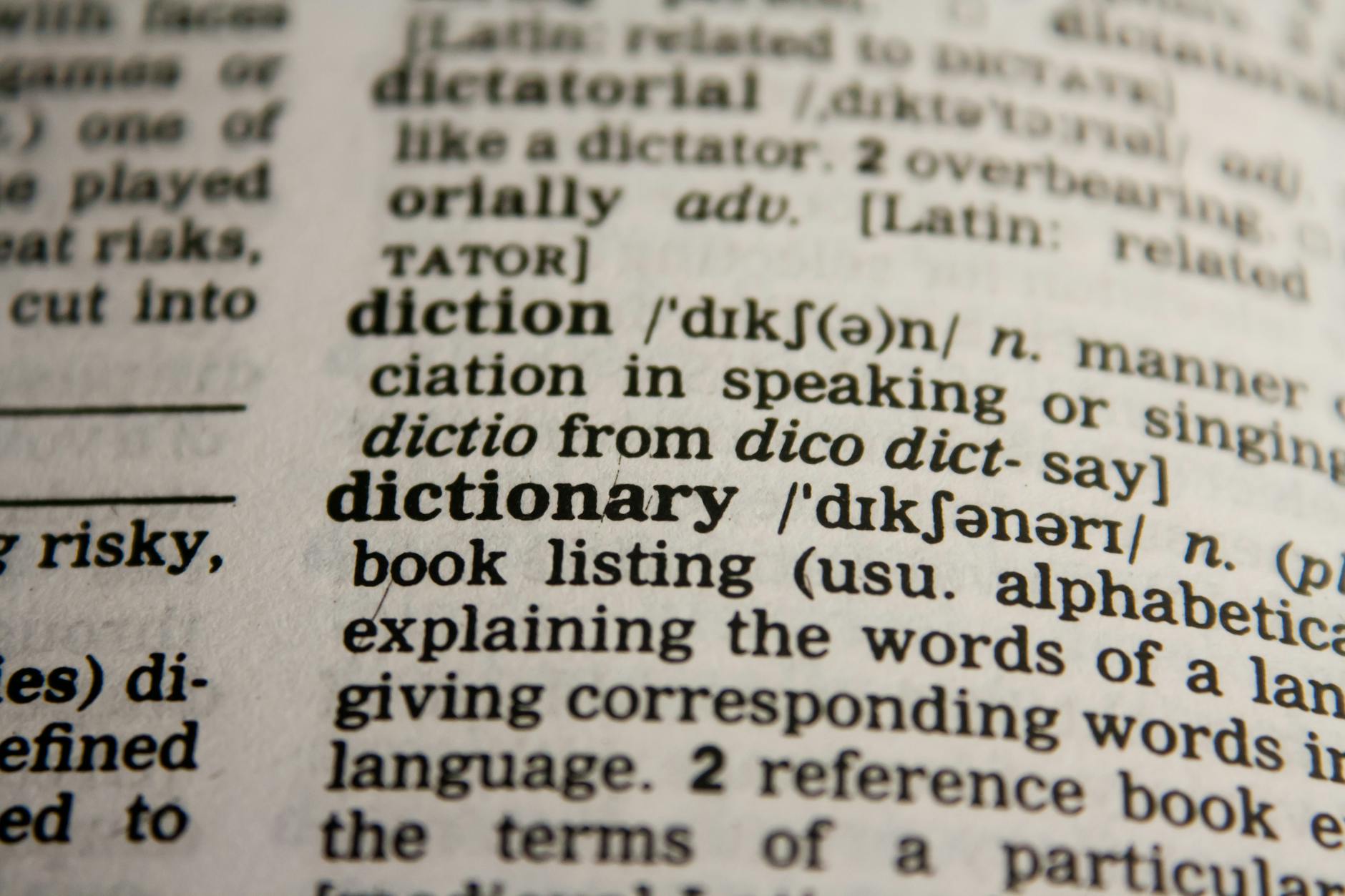What is vocab retention strategies?

What is vocab retention strategies?
Vocab retention strategies are essential tools that enhance language learning and personal development. If you’ve ever struggled to remember new words or phrases, you’re not alone. Many learners face this challenge, but there are effective methods we can employ to boost our memory and retention. In this article, I will explore various vocab retention strategies that can make a significant difference in how we learn and use new vocabulary.
Understanding Vocabulary Retention
When we talk about vocabulary retention, we refer to our ability to remember and effectively use new words over time. It’s not just about memorizing definitions; it’s about incorporating those words into our daily lives. Effective vocabulary retention is crucial for fluency in any language, impacting our communication skills in both written and spoken forms.
The Science of Memory and Retention
Understanding how memory works is vital for implementing effective vocab retention strategies. Memory involves encoding, storing, and retrieving information. When we learn new vocabulary, our brains create neural connections. The stronger these connections, the easier it is to recall the words later. Techniques that reinforce these connections can significantly improve retention.
Research shows that repeated exposure to new words in various contexts can enhance retention. For instance, reading a word in a sentence helps create a mental image, making it easier to remember. Engaging with vocabulary in different scenarios can also solidify our understanding and recall.
Effective Vocab Retention Strategies
Now that we understand the importance of vocabulary retention, let’s dive into some effective strategies that can help enhance our learning experience.
Spaced Repetition System (SRS)
One of the most powerful tools for vocab retention is the Spaced Repetition System (SRS). This technique involves reviewing words at increasing intervals over time. By spacing out our study sessions, we can reinforce our memory without overwhelming ourselves. Tools like Anki and Quizlet utilize this method, allowing users to create flashcards and schedule reviews based on their individual retention rates.
Benefits of SRS:
- Reduces cognitive overload.
- Encourages long-term memory formation.
- Adapts to the learner’s pace.
Contextual Learning
Learning vocabulary in context is another effective strategy. Instead of memorizing isolated words, try incorporating them into sentences or real-life scenarios. This approach helps create connections between words and their meanings.
For example, instead of learning the word “exemplary” in isolation, you might remember it better in a sentence like, “Her exemplary performance earned her a promotion.” This method not only aids retention but also enhances your understanding of how to use the word appropriately.
Active Engagement Techniques
Active engagement techniques can significantly boost vocabulary retention. Methods like using flashcards, taking quizzes, and participating in group discussions encourage learners to interact with new words actively. When we actively engage with vocabulary, we reinforce our memory pathways.
Some techniques include:
- Flashcards: Create cards with the word on one side and the definition or an example sentence on the other.
- Quizzes: Test yourself regularly to assess your recall and understanding.
- Group Discussions: Engage with peers to practice using new vocabulary in conversation.
Tools and Resources for Vocab Retention
With so many resources available, harnessing technology can make learning new vocabulary easier and more enjoyable.
Top Vocabulary Apps
Here are some popular apps designed for vocabulary retention:
- Anki: A versatile flashcard app that uses spaced repetition to help you remember vocabulary.
- Quizlet: Offers various study modes, including flashcards and games, to make learning fun.
- Memrise: Focuses on contextual learning and spaced repetition, featuring a gamified approach to vocabulary building.
Books and Workbooks for Vocabulary Improvement
Investing in good books can also enhance your vocabulary retention. Some recommended titles include:
- “Word Power Made Easy” by Norman Lewis: A comprehensive guide to building vocabulary through engaging exercises.
- “Vocabulary Workshop” series: Offers structured lessons and practice opportunities for learners at various levels.
Measuring Vocabulary Retention Progress
Tracking your progress is crucial for understanding how well your vocab retention strategies are working.
Setting Goals for Vocabulary Acquisition
Setting clear, measurable goals can help you stay focused on your vocabulary learning journey. Aim to learn a specific number of words each week or incorporate new vocabulary into your daily conversations. SMART goals—Specific, Measurable, Achievable, Relevant, and Time-bound—can help you stay accountable and motivated.
Using Quizzes and Tests as Assessment Tools
Regularly testing your knowledge through quizzes and assessments can provide valuable feedback on your retention. These evaluations can help identify areas where you might need to focus more or adjust your learning strategies.
Conclusion on Vocab Retention Strategies
Vocab retention strategies are vital for anyone looking to enhance their language skills. By understanding how memory works and employing effective techniques like spaced repetition, contextual learning, and active engagement, you can significantly improve your vocabulary retention. Remember to utilize tools and resources available to you, set achievable goals, and regularly assess your progress. With dedication and the right strategies, you can transform your vocabulary learning experience into a rewarding and effective journey.

Photo by Pixabay